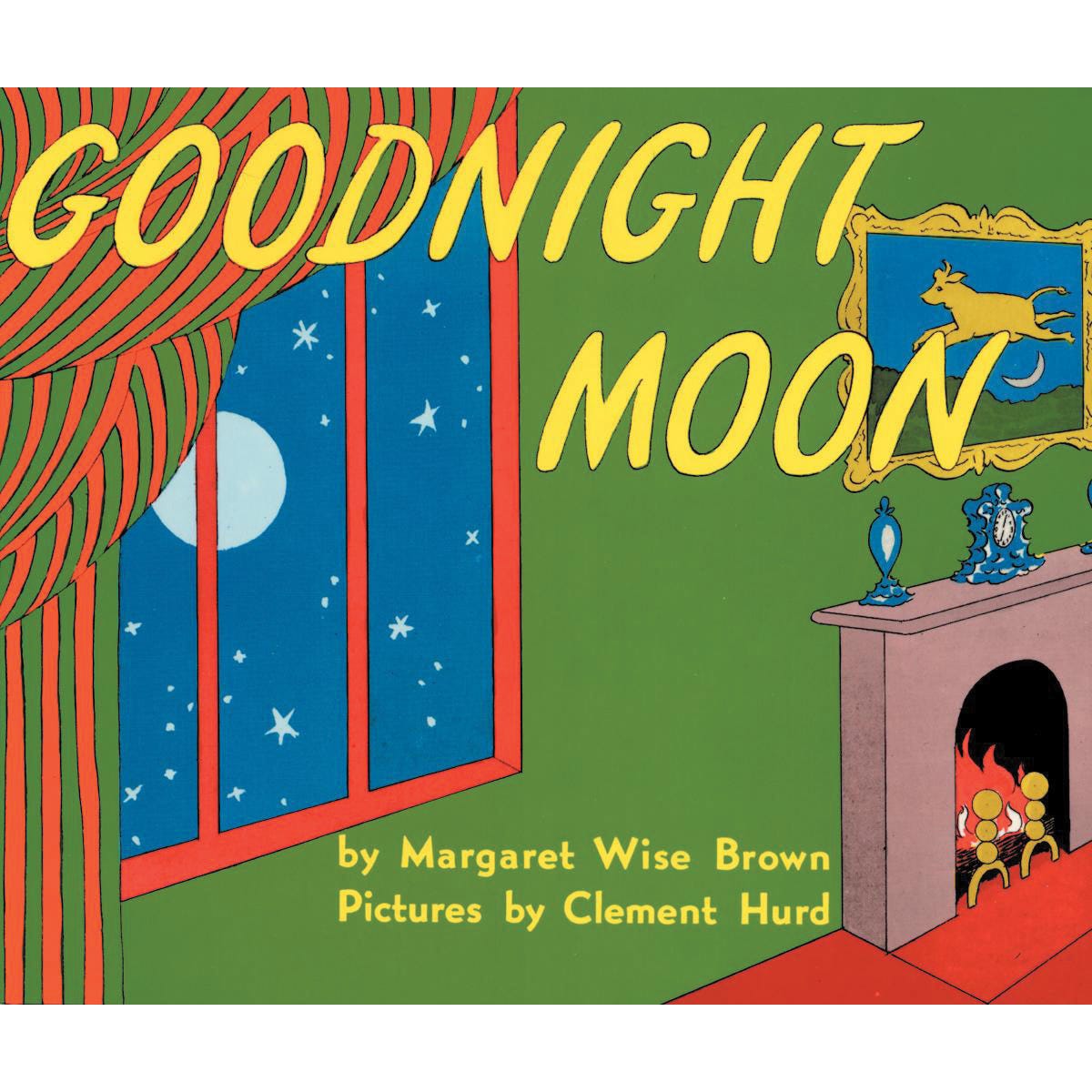I have four children. They’ve all (mostly) outgrown Goodnight Moon by now. But I am pretty sure I still have it memorized and could easily recite it from memory in my quiet, it’s-almost-bedtime-for-the-little-one voice. The musical, rhythmic, almost hypnotic quality of the book makes it one that, even though I read it incessantly for the better part of a decade, I never really got annoyed with.
Recently, I came across an article about the life of the author, Margaret Wise Brown. While living in New York City as a young adult, she enrolled in a teacher training program where she was mentored by an innovative educator named Lucy Sprague Mitchell. She drew from the insights of psychology to train her students, and took time to notice what young children found interesting (rather than what adults thought they should). One of her insights caught my eye:
“It is only the blind eye of the adult that finds the familiar uninteresting,” Mitchell wrote. “The attempt to amuse children by presenting them with the strange, the bizarre, the unreal, is the unhappy result of this adult blindness.”
Adult blindness. The reason we get bored with the familiar, the reason we have a hard time delighting in the mundane, everyday realities of life, is that we are blind.
adult blindness and God’s kingdom
This observation about adult blindness is not unique to the modern world. This unfortunate reality has been true throughout human history. In explaining why he spoke in parables, Jesus quoted the prophet Isaiah:
You will indeed hear but never understand,
and you will indeed see but never perceive.
For this people’s heart has grown dull,
and with their ears they can barely hear,
and their eyes they have closed,
lest they should see with their eyes
and hear with their ears
and understand with their heart
and turn, and I would heal them. (Matthew 13:14-15)
The 20th century educator, the ancient prophet, and the Incarnate Lord all agree on the human tendency to grow blind to the wonders of life on this earth. Perhaps this is why Jesus held up children as an example of what it takes to take part in God’s kingdom.
Truly, I say to you, unless you turn and become like children, you will never enter the kingdom of heaven. Whoever humbles himself like this child is the greatest in the kingdom of heaven. (Matthew 18:3-4)
If Jesus knew going into his ministry that he was going to face a lot of this adult blindness, it’s not surprising that healing blindness was a part of his mission statement:
The Spirit of the Lord is upon me,
because he has anointed me
to proclaim good news to the poor.
He has sent me to proclaim liberty to the captives
and recovering of sight to the blind,
to set at liberty those who are oppressed,
to proclaim the year of the Lord’s favor. (Luke 4:18-19)
participating in the childhood of God
Unlike adults, children are able to enjoy the everyday. They can delight in and be surprised by that which we grown-ups have seen a million times and with which have long since grown bored. And it’s that sense of wonder in what is, the ability to find joy in whatever is before me, that keeps kids from spiritual blindness.
Every single one of my kids have said to me in their younger years, “Do it again!” or “Again, again!” Long after I’ve grown tired and bored of pushing my daughter, Margot, on the swings, she’s still just getting warmed up. G.K. Chesterton famously expresses this in Orthodoxy:
Because children have abounding vitality, because they are in spirit fierce and free, therefore they want things repeated and unchanged. They always say, "Do it again"; and the grown-up person does it again until he is nearly dead. For grown-up people are not strong enough to exult in monotony. But perhaps God is strong enough to exult in monotony. It is possible that God says every morning, "Do it again" to the sun; and every evening, "Do it again" to the moon. It may not be automatic necessity that makes all daisies alike; it may be that God makes every daisy separately, but has never got tired of making them. It may be that He has the eternal appetite of infancy; for we have sinned and grown old, and our Father is younger than we.
If Chesterton is right, kids are godlike in their ability to exult in monotony. We can only thank God that He is far more childlike than we. After all, if I were responsible for sustaining the universe, for ensuring the planets continue spinning on their axes or revolving around the sun, I’d be into it for about five minutes and spend the next several billion years white-knuckling it. Were I God, oblivion would only be avoided by sheer force of will. I’m not sure that’s the most stable force for creation’s existence to rely upon.
One of the greatest things about fatherhood for me is the way in which I get (and sometimes am forced) to participate in the childhood of God. Margot loves merry-go-rounds even more than she loves the swings, and my bored, blind adultness makes me roll my eyes, grit my teeth, and count the seconds until it’s over.
At least, I grit my teeth until I see her smile. The thing about childlike joy is that it’s contagious. When I see her delight, I begin to delight too. I’m drawn in with her to embrace the moment, to be here, now.
My busyness, boredom, and bitterness all stem from my adult blindness. Children and their delight in the everyday is sacramental. If I will let it, it draws me into the very childhood of my God. It brings me one step closer to His Kingdom.






MARGOT!!! Such a great representation of the sacramental nature of childhood!